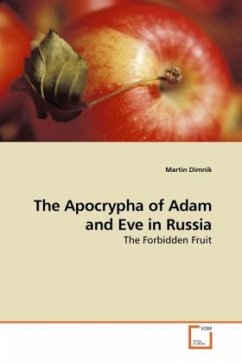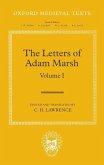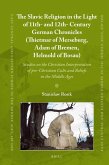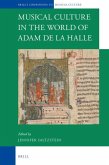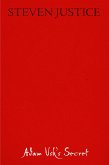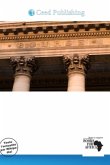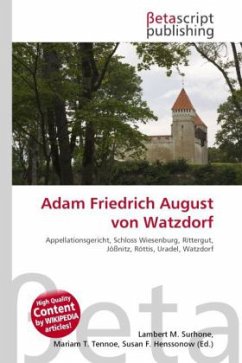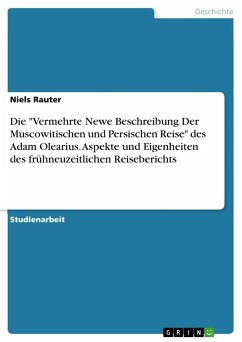Research on the apocrypha of Adam and Eve in Russia has been dormant for over a century. The last notable studies of these religious legends were published before the Bolshevik Revolution in 1917. After that Communist ideology prohibited Soviets from investigating Biblical themes. Significantly, this is the first book that introduces the English speaking public to the Russian Adam and Eve apocrypha. It explains how they came to medieval Kievan Rus , it identifies the indexes of forbidden books that prohibited them, it summarizes the oral legends and the written accounts, and it offers a detailed examination of one of the most popular legends. In the end it explains the significance of the apocrypha for the multitude of Russian peasants and for the educated minority. On the one hand, it describes the Russian folk elements that crept into the apocryphal stories and, on the other hand, it shows how apocryphal elements infiltrated everyday Russian life. The book will be read with profit by anyone interested in Old Testament studies, Russian pious beliefs, religious verses, folklore, paganism, literature, heroic folk poems, drama, art, and iconography.

